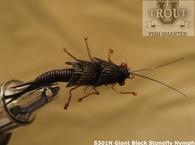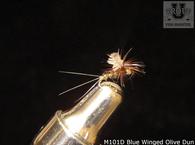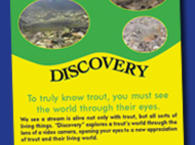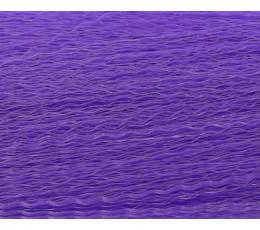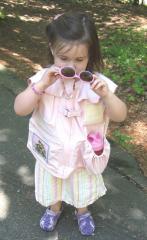
This course is tailored for the parent or other person who is not necessarily a fisherman, but someone who will want to have an impact on a kid's life. Fishing is an excellent way to bond with children and produce lasting memories. The student will learn how to get the most out of his outing with the child.
Fishing with kids can be a rewarding long term pursuit, for you and the kids. The best part is that the kids do not have to be your own children. They can be children that don't have someone in their lives who will take them fishing. It is one of the best things that a grandpa can do to provide life long memories for the children. If you do not have grandchildren then it can be a great opportunity to be a big brother to some disadvantaged children.
Here are some tips for fishing with kids:
- Begin with the end in mind. Remember, the long term goal here is to develop a relationship with a child, so you can invest qualtiy time in the child's life. The goal, ironically, is not just to catch fish; this is just a means to an end. Also, don't expect to do much if any fishing yourself at first as it may lead to frustration. Your goal will be helping the child.
- Keep it manageable. You should have no more than one child per overseeing adult, and even then I do not recommend having the children in close proximity to (preferably out of sight of) each other during actual fishing. You can periodically compare notes and eat lunch together, but keep them away from each other while fishing. Otherwise, they will fight and want each other's bait, lure, or fishing spot. Yes, the fishing spot; if one child catches a fish, the other child will NEED to fish that very same spot.
- Be safe. Watch over your child the entire time. Do not let him/her out of your sight, or into the water without supervision. On a hot day, the major temptation is to wade into the water, so be sure to keep them in your sight. Also, another main goal is to prevent anyone from getting hooked. When helping the child, for example, always constrain the rod with one of your hands to prevent the child from moving the rod, and consequently hooking someone. For some children, you may simply want to put a casting plug or lure without hook on their rod. Additionally, be sure you have enough water to drink for the day and sunscreen applied.
- Start simple. Start with live bait, preferably earth worms, and a bobber, or a cane pole and a fly. Earth worms are the most convenient as they can be purchased anywhere, even at Wal Mart. You will definitely need the bobber so you do not miss any hits. Also, the children love to see the action of the bobber moving around or bobbing up and down. The action of the bobber provides some additional excitement.
- Don't go deep in the woods. If you are going trout fishing, you should check out this listing of items to take. Stay in close proximity to a bathroom, if possible.
- Children are easily distracted. A child is not necessarily fixed on fishing (or anything else for that matter) for any length of time. Don't let them throw stones in the area of fishing. There will be plenty of time to skip stones after the fishing is done, to paraphrase Kenny Rogers. Find a place away from other fishermen to skip rocks, throw sticks in the water, chase butterflies, pick flowers for mom (don't destroy park or private property without permission), etc, if the the child wants to.
- Help out when needed. You may need to "seed" the child's pole. This means hooking a fish while your child is distracted and handing him the rod/reel. They will enjoy playing and landing the fish which will renew their interests. You will also want at least two fishing poles. You will want a backup pole if the child tangles the line on one of the poles. To avoid some pitfalls check out the environment to be sure that there are no tree branches, brush or weeds that will entangle the lines or get hooked.
- Make it fun for the child. Take plenty of snacks and drinks for the day; have a picnic, stop for ice cream on the way home, or buy them a small treat to commemorate the day. This will encourage them to want to go again. Also, keep in mind that a young child may actually be scared of a fish once caught. That slimy, wriggling little thing looked cool in the water, but is not so interesting once it's brought into close contact with the child. Take a camera to catch the joy and the excitement of the moment, but do not force the child to spend all day posing for pictures.
- Teach good stewardship. Take a trash bag, and pick up trash by the water or on the trail. Teach them how to properly handle the fish. It is the ideal time to teach about protecting the environment and the resources, so be sure to practice catch and release fishing. Teach the kids to take care of their equipment, making sure it's ready to use before you go.
- Talk with the kids. Find out what's really going through their minds. Keep the lines of communication open. You will have no better time to talk with kids than when you're with them having fun. Don't just think about all the chores at home and at work, but rather focus on connecting with the child.
- Take advantage of the special fishing days some states offer. Some states promote a kids fishing day, often in June allowing you to legally fish without a license, etc.
Check out license and regulations by state. and review Class 102 Items for Trout Fishing and Hiking.
Environmental Kids Club This ia a clever interaction site for kids to learn about the environment.
Sport Fishing Trip Review this cute story with your kids before planning the trip.


